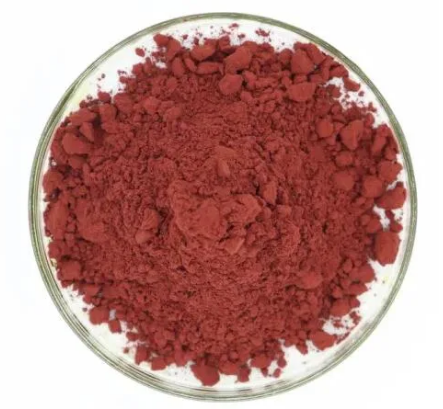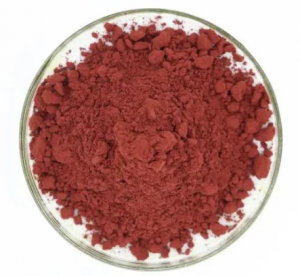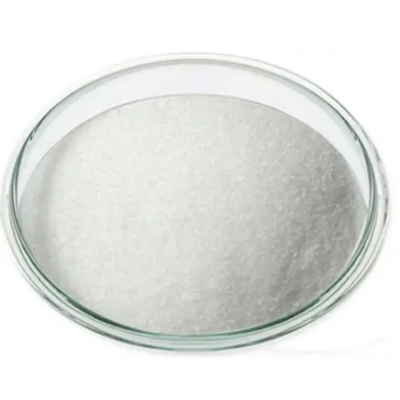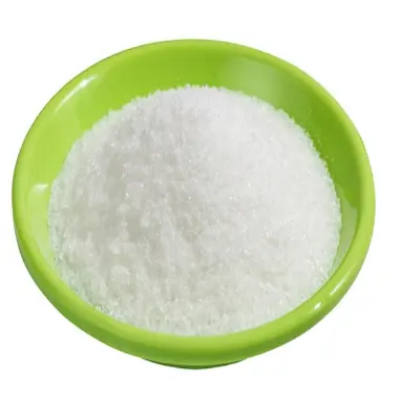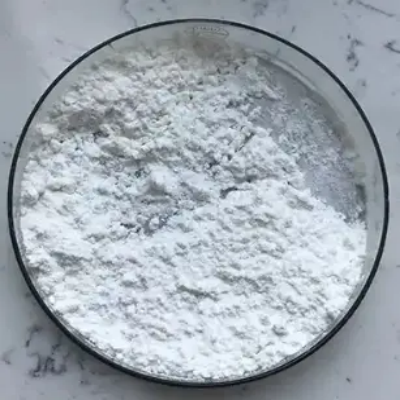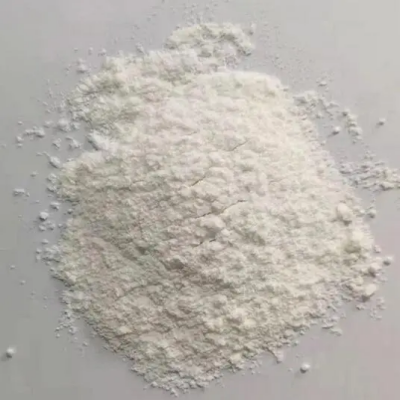Hemoglobins CAS:9008-02-0 Manufacturer Price
Oxygen transportation: Hemoglobin's primary function is to bind to oxygen in the lungs and transport it to the tissues throughout the body. This ensures that cells receive the oxygen they need for energy production and vital processes.
Carbon dioxide removal: Hemoglobin also plays a role in carrying carbon dioxide, a waste product of cellular metabolism, from the tissues back to the lungs for elimination through exhalation.
Acid-base balance: Hemoglobin acts as a buffer, helping to regulate blood pH by binding to excess hydrogen ions (acid) or releasing them when the blood becomes too alkaline. This is crucial for maintaining proper bodily functions and preventing acidosis or alkalosis.
Diagnosis of medical conditions: Measurement of hemoglobin levels via blood tests is commonly done to diagnose and monitor various medical conditions, including anemia (low hemoglobin levels), polycythemia (high hemoglobin levels), and other blood disorders.
Blood doping: The knowledge of hemoglobin's role in oxygen transport has been exploited in certain sports through a practice called "blood doping." Athletes artificially increase their hemoglobin levels by infusing extra red blood cells or using substances like erythropoietin (EPO) to enhance endurance and performance. However, this practice is banned in competitive sports due to its potential health risks.
Research and development: Hemoglobin and its structure have been extensively studied to understand its functional properties and the molecular basis of various diseases. This knowledge has contributed to advancements in fields like genetics, biochemistry, and medicine.
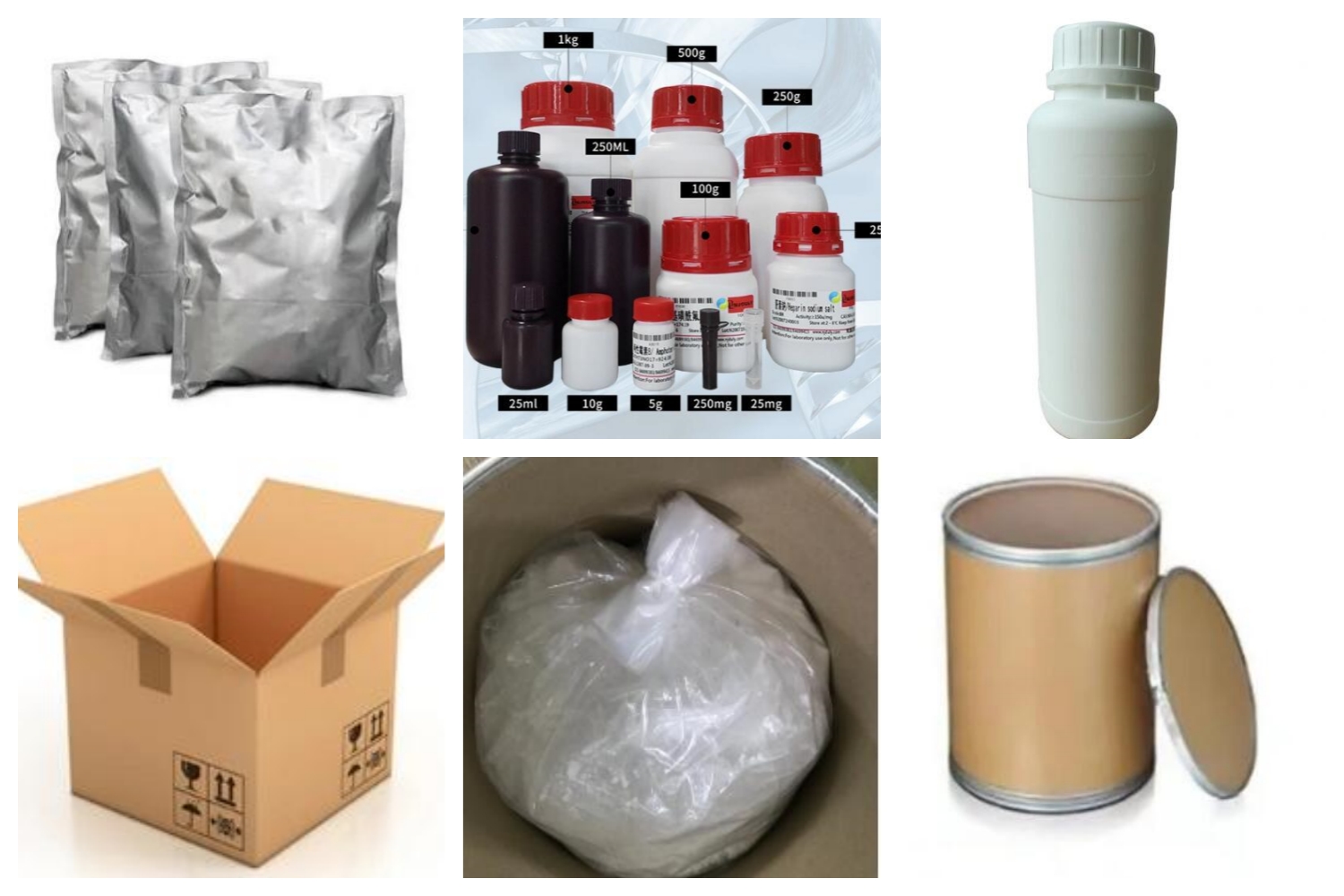
| Composition | C13H10N2O2 |
| Assay | 99% |
| Appearance | Red powder |
| CAS No. | 9008-02-0 |
| Packing | Small and bulk |
| Shelf Life | 2 years |
| Storage | Store in cool and dry area |
| Certification | ISO. |


